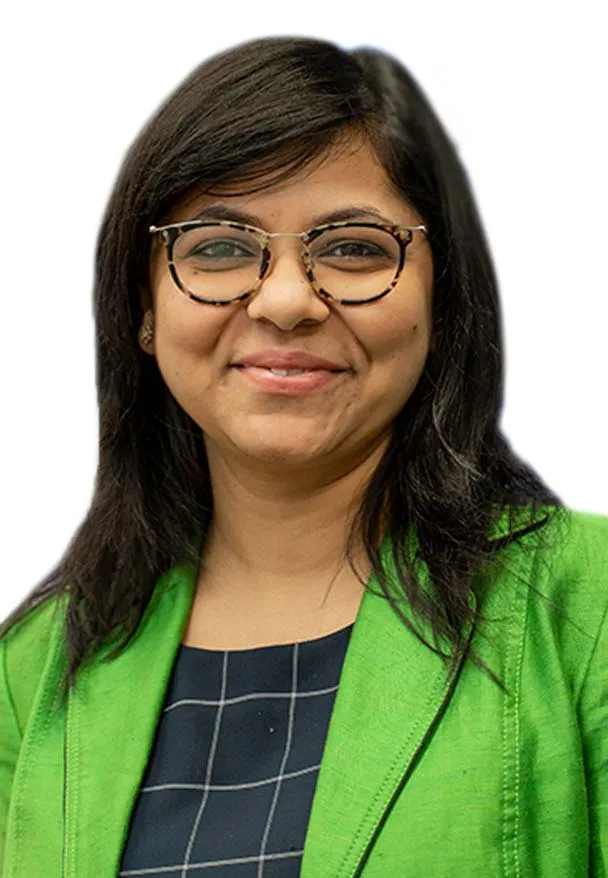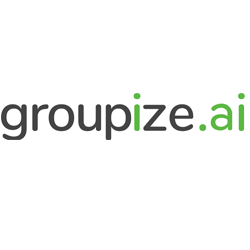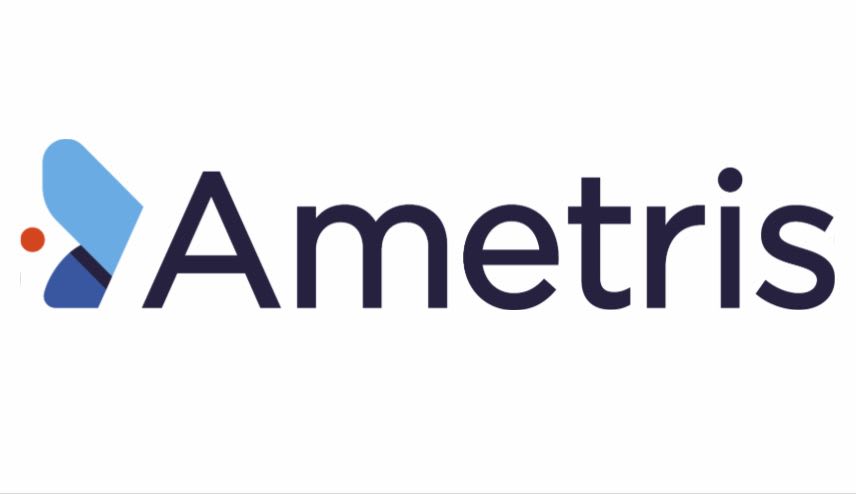When Priyanka Dutta-Passecker visited her native India for a work meeting recently, she didn’t immediately hop on a plane home afterward. Instead, she extended the journey to meet with people from her personal network. One was her sister’s neighbor, a venous leg ulcer patient who’s spent thousands of dollars on failed therapies, including a laser treatment she should never have had.
“My sister told me about her, and I gave her a call when I was in India. I was asking her what she went through,” Dutta-Passecker said. “She’s still not cured and unfortunately she had, now, two ulcers.”
For Dutta-Passecker, who serves as the CEO and co-founder of Healiva, a Swiss biotech startup that’s using cell therapy, medical devices and enzyme technology to treat chronic and acute wounds, the visit was eye-opening.

Wound care is a huge market with immense unmet need. Researchers estimate that chronic wounds affect 5.7 million patients in the U.S. alone and cost about $20 billion annually. Worldwide, Healiva estimates the market comprises 36 million people.
It’s hard to fathom what the size of the global patient population actually looks like. But for Dutta-Passecker, being face-to-face with just one patient put the issue into a new perspective.
“Listening to people and doing something for (these patients) ... makes a big impact,” she said.
Personal connections have been hugely important to Dutta-Passecker throughout her life, both personally and professionally. Her sister’s neighbor wasn’t the only person she visited in India. She also dropped in on her biology teacher, who she’s been close with since childhood and who taught Dutta-Passecker from the ages of 8 to 18, which stoked her interest in science.
“I have (been) networking from the U.S. to Europe,” she said.
Now, she’s using the connections she’s carefully cultivated to help build her company.
Building a biotech
Dutta-Passecker co-founded Healiva in 2020 with the ingredient company Bioseutica, where she worked for five years as a corporate sales and business development director and which now financially backs Healiva.
After working on an enzyme project there, she made the business case to Bioseutica to use enzymes in wound care. Enzymes are a particularly good fit for these kinds of next-gen technologies, Dutta-Passecker said, because they are fast acting, painless and can be made with sustainable materials at a low cost. Dutta-Passecker also extended that work into the cell therapy space using her science and pharma background — which has included work at Novartis, UCB Pharma and Axol Bioscience.
“Cell therapy in wound care has been tried in the past but has failed or was not able to be successful in the market,” Dutta-Passecker said. But three main factors in the past decade have changed the landscape: Cell therapy is now scalable; patients and providers are more accepting of the technology; and the regulatory landscape is clearer, including for reimbursement, Dutta-Passecker said.
The reimbursement piece was especially important to the company and Dutta-Passecker, especially having grown up in India seeing firsthand the stark health inequities between those who can afford expensive treatments and those who can’t. Without accessibility to the mass market, even the most novel technology isn’t very innovative at all, Dutta-Passecker said.
“It’s not an innovative technology in itself. If you think you have a novel technology, it should make an impact to everybody’s life, not just some selective population,” she said.
In June 2022, Healiva acquired two key cell therapy assets from the medical device company Smith+Nephew. One was EpiDex, an autologous epidermal equivalent that provides a surgery-free approach to healing chronic venous leg ulcers. The product was already approved for the Swiss market and Healiva is in the process of launching it in the country.
"At the end of the day, you cannot raise money if people don’t know about you."

Priyanka Dutta-Passecker
CEO, Healiva
The second is an allogeneic cell therapy for healing venous leg ulcers, like those her sister’s neighbor had, that are resistant to standard treatments. That product is expected to soon enter a phase 3 trial and will also be studied for diabetic foot ulcers.
The company is also developing an enzymatic debridement spray that clears dead tissue in chronic wounds and a first-in-class wound debridement medical device.
In addition to the Swiss market, Healiva plans to target patients worldwide, including in the U.S. and India, Dutta-Passecker said.
The power of the network
When Dutta-Passecker earned her MBA in 2018, she said it not only gave her business training, but also drove home the power of personal and professional networks, all of which have helped her as CEO.
“An MBA structures you to think logically,” she said. “But at the same time, you have to have a good network (so) you can always go back to your friends and colleagues (for guidance).”
Since then, she’s reached out to people she admired for advice on leading a business, including a former Novartis colleague who had previously encouraged her to get her MBA. She even turned to one of her MBA colleagues — now a CFO — when she was working on her business plan for Healiva.
Passecker also learned to give back to her personal networks: She makes it a point to get together every year with friends from her MBA program; she’s the founder of WU EA Female Leaders Network; and she is the chair of the Austrian-Indian Society of Arts and Cultural Exchange.
She’s happy to tap her own network for others, too. If someone she knew needed a chief business officer, “I, through my network, can probably find five names in less than 24 hours,” she said.
Networking is also helpful for raising money and finding investors, she added.
“At the end of the day, you cannot raise money if people don’t know about you,” she said.
As the CEO of a startup, Dutta-Passecker is obviously busy. But she’s never too busy for her friends and connections “who are helping you throughout when you need them.” She prioritizes seeing them and staying connected to them, many for decades, whether it’s a personal friend, a colleague from a previous job or even her childhood teacher.
“You need to find time,” she said. “It’s based on your priorities in life in the end.”











